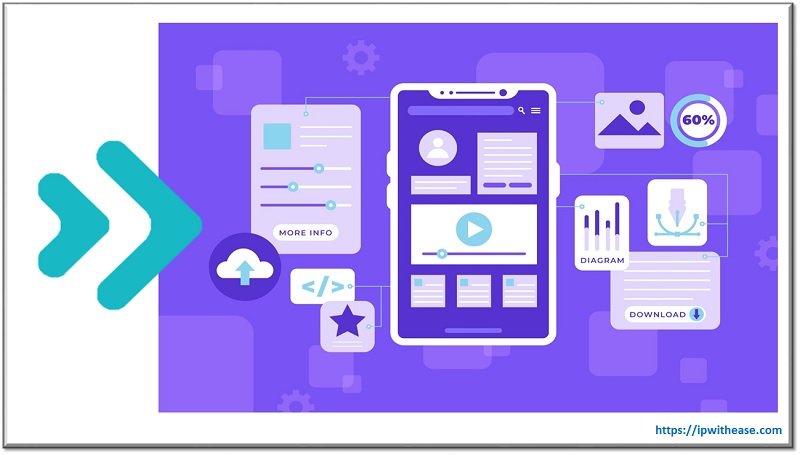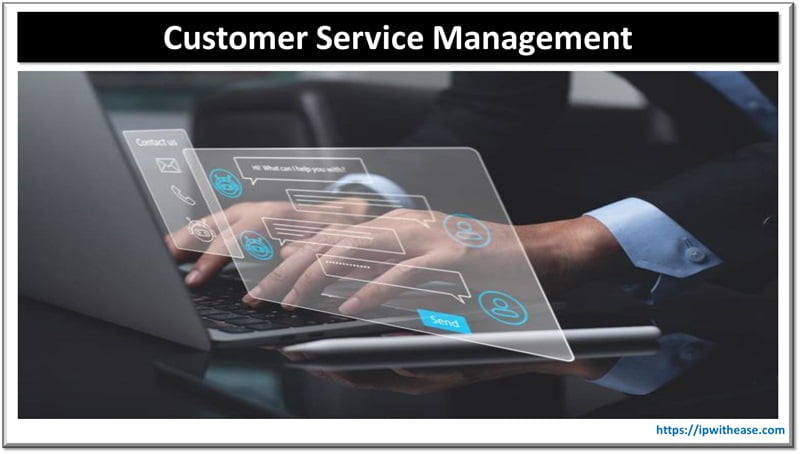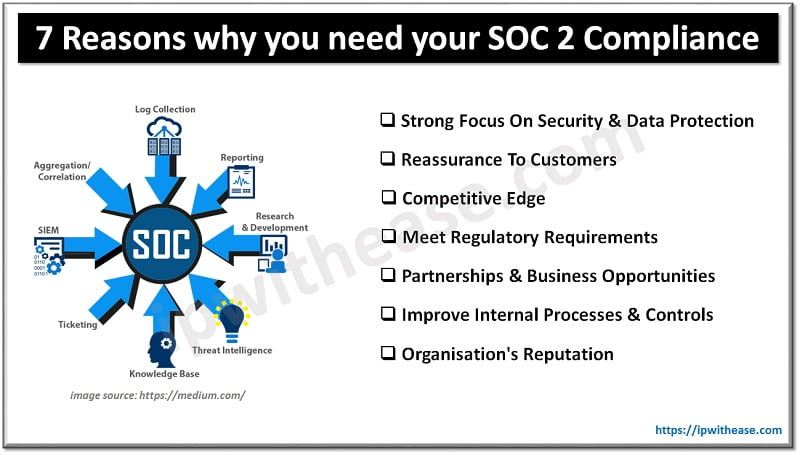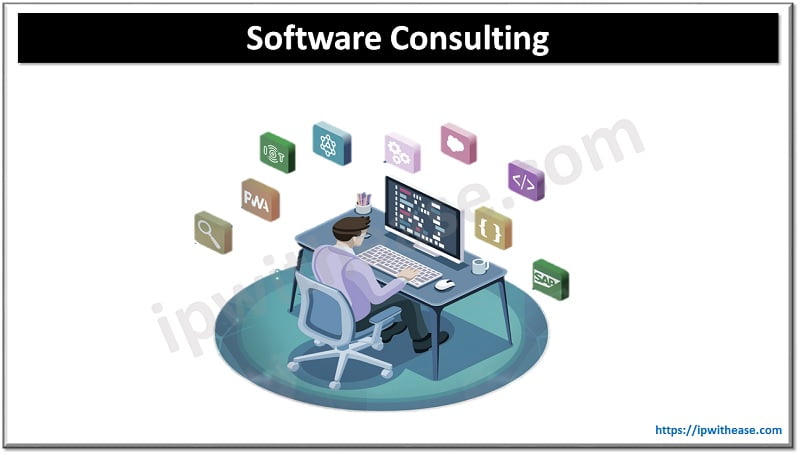Table of Contents
Alongside global digitalization, most businesses now know the importance of presenting their products and services online. As a result, all companies want to develop mobile apps that can help increase revenue, boost customer loyalty, stay competitive during market challenges, and support overall business success in a highly digital world.
However, mobile app development is time-consuming and requires lots of resources and money from the company. While money and resources are fixable, time is an essential thing in the modern world. Since every business wants to launch the product as fast as possible, the time needed for the development process is an important factor for every company.
This guide will show you the best ways to speed up mobile app development using modern tools and methodologies. Let’s explore them below.
How To Speed Up Application Software Development

1. Use a No-Code Platform to Build Your Applications
The no-code development approach is the first and most efficient way to significantly speed up software development. No-code platforms are the preferable way to develop software for startups and small companies that cannot afford waiting years for the final product.
No-code platforms allow businesses to develop any kind of software they need, whether it be MVPs, websites, or mobile applications. The great benefit of this approach is that the final product can be ready within days or a few weeks when hiring experienced no-code developers.
In addition, no-code significantly reduces costs for app development since it requires only a few specialists and designers in contrast to a whole team of developers when following a regular approach. It is worth noting that the quality of no-code software doesn’t differ from regular software products.
2. Use Automation Tools
Based on reports, 45% of all development activities can be automated using a vast range of digital technologies. Automation is considered to be one of the most efficient and practical ways of speeding up app development without sacrificing the quality of the code, design, and infrastructure.
Automation tools help dev teams to add new features with a higher speed than ever before while also improving and further changing existing ones. What is more, automation tools are widely used to ease test application software prototypes which also allows for quicker enterprise applications.
3. Keep Your Backend Separate from Your UI
If you want to speed up the mobile app development process, you have to make sure to use an app development platform where the backend part is located separately from the UIs you use with the platform. This has been shown to significantly help in saving time and speed up the process by reusing data models, inserting elements as you go, and factoring them into the UI part further without sacrificing the quality of the final product and impacting the development process.
4. Outsource the Extra Stuff
Obviously, business owners always want to personally handle key aspects of the app development. However, your team may not have enough experience in a specific field or doesn’t have the needed skills. Whether you have an exciting team that lacks skills or you are looking for the best development approach, outsourcing the extra staff is the key to quick app development.
Outsourcing some tasks or the entire development process allows business owners and your team to focus on more valuable things, like marketing and creating connections. This also helps you to speed up not only development but also allows you to quickly achieve your business goals.
5. Start with an MVP
One of the most time-consuming things in development is making changes. Mistakes are also the most common thing that makes startups fail. Since most businesses want to develop the whole product at first, even if they didn’t test their ideas before launching the app, MVP is an excellent way to help companies to speed up the development process since it helps to test the idea and avoid time-consuming and costly mistakes.
MVP development allows you to enter the market much faster and test your application with only key features with real users. Once you develop MVP and launch it, your users will provide valuable feedback that will help you better understand in what direction to move further. Below you will find several steps to develop an MVP:
- Perform detailed market research to identify your customer’s needs and research the competitors’ solutions.
- Create a clear concept of what your future products will look like and what they will do.
- Set a list of key features, keeping in mind that MVP should be simple and uncomplicated. Your MVP should solve the key problem leaving more features for the future.
- Develop and launch.
- Wait for user feedback.
- What should you change and how?
- Repeat.
6. Choose Agile Development
Agile development is one of the most effective approaches in the development field. Being a specialized methodology that involves a continuous iteration of development and testing throughout the development cycle, Agile is well-known for speeding up the development process. Since this method allows the team to test each stage, it helps to develop app functionalities and test them simultaneously.
Even though Agile methodology is the only approach for all companies, the truth is that most businesses still prefer outdated methods where functionality is entirely developed and only then tested, which makes it hard to market the product quickly. Therefore, in this approach, most bugs can only be found in the last stage – testing. And they are then sent to the development team to resolve, test, and qualify them again and again.
Final Thoughts
Mobile app development is time-consuming. It is an especially challenging process for startups with insufficient skills and knowledge to build software quickly. And time is essential if you want to get a competitive edge on the market. Therefore, everyone is looking for the best way to speed up the development process.
Continue Reading:
Mobile Application Testing Process: The Main Steps
Different types of Mobile Apps: Pros & Cons to be considered
ABOUT THE AUTHOR
IPwithease is aimed at sharing knowledge across varied domains like Network, Security, Virtualization, Software, Wireless, etc.



